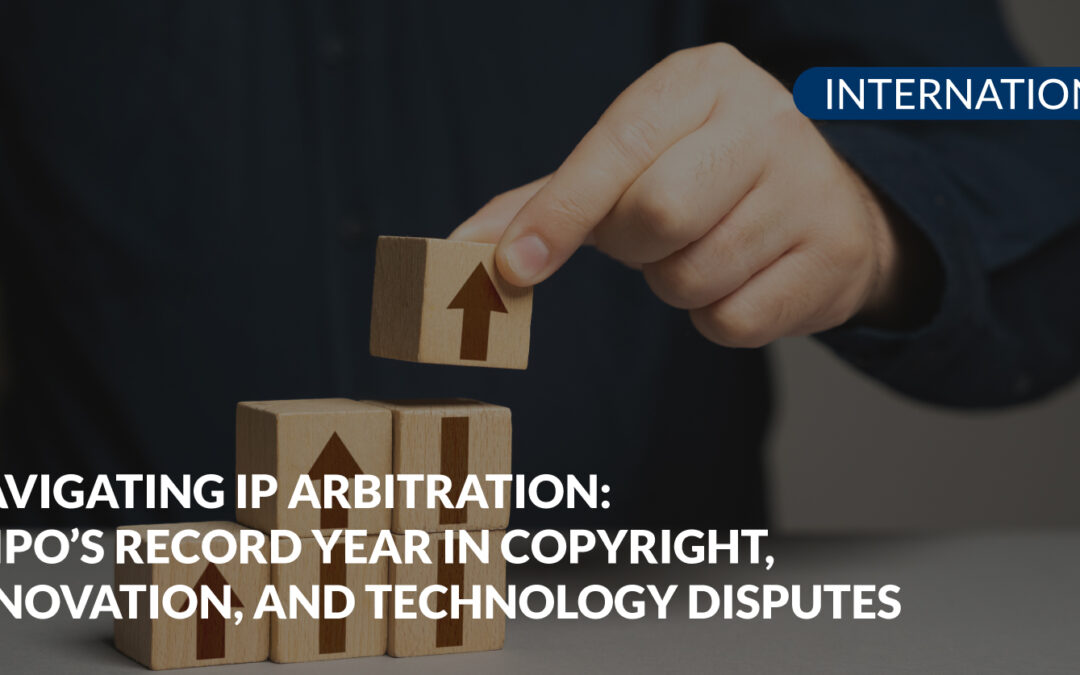Commercial agency contracts’ regulation in Colombia remains a challenge for both attorneys and clients. Colombian Commercial Code defines Commercial Agency as a contract by means of which an independent merchant takes on a mandate to exploit commercially or promote another’s merchant business in a particular branch, with stability, in a prefixed zone of the country’s territory, as representative or agent of a national or foreign manufacturer or distributor of one or more of its products. Such broad definition traditionally implies that almost every commercial relationship will end in a Commercial Agency litigation if not properly limited by the parties from its beginning.
In spite of the fact that Colombia’s Supreme Court has been consistent in rejecting claims that distribution contracts, concession contracts, representation engagements, licensing agreements, among others, are Commercial Agencies, the law remains an incentive for former local business partners to pursue compensation. The Commercial Code states that at the end of a Commercial Agency relationship, the principal should compensate the agent with a payment equal to a twelfth of the average of the benefits or average commissions obtained by the agent during the final three years, multiplied per each year the relationship lasted. Since the ex-Agent has nothing else to lose at the end of the relationship, a litigation is almost always unavoidable, even if it might be won by the principal.
So as litigation is almost unavoidable, if you are a principal or a potential principal (such as a manufacturer, franchisor or licensor), there is a need to clarify at an early stage the type of relationship that you have, and collect and save all the evidence associated to such agreement. You should also train your team to preserve a language and a behavior consistent with what you have agreed. Colombian Commercial Code establishes that if parties behave as if they had a Commercial Agency relationship, even if they did not agree to it, a Commercial Agency would be borne. It is what is called “Commercial Agency of fact”.
Although some might believe that agreeing to an arbitral clause and a foreign law avoids any dispute, the truth is that the Colombian Supreme Court has refused to dismiss cases in which the defendant has based its defense on such arguments. In fact, in the decision CSJ SC, 1° jul. 2009, rad. 2000-00310-01), Colombian Supreme Court, Justice MARGARITA CABELLO BLANCO, SC6315-2017 File N.° 11001-31-03-019-2008-00247-01 Bogota D. C., 9 May 2017, the Court explicitly addressed the issue. Moreover, while the Supreme Court has made some clarifications to the Commercial Code regulations, if the law remains as is, it is almost unlikely that litigations will cease, even if potential principals win in most cases.

Partner | Litigation and ADR Director
felipe.acosta@olartemoure.com







